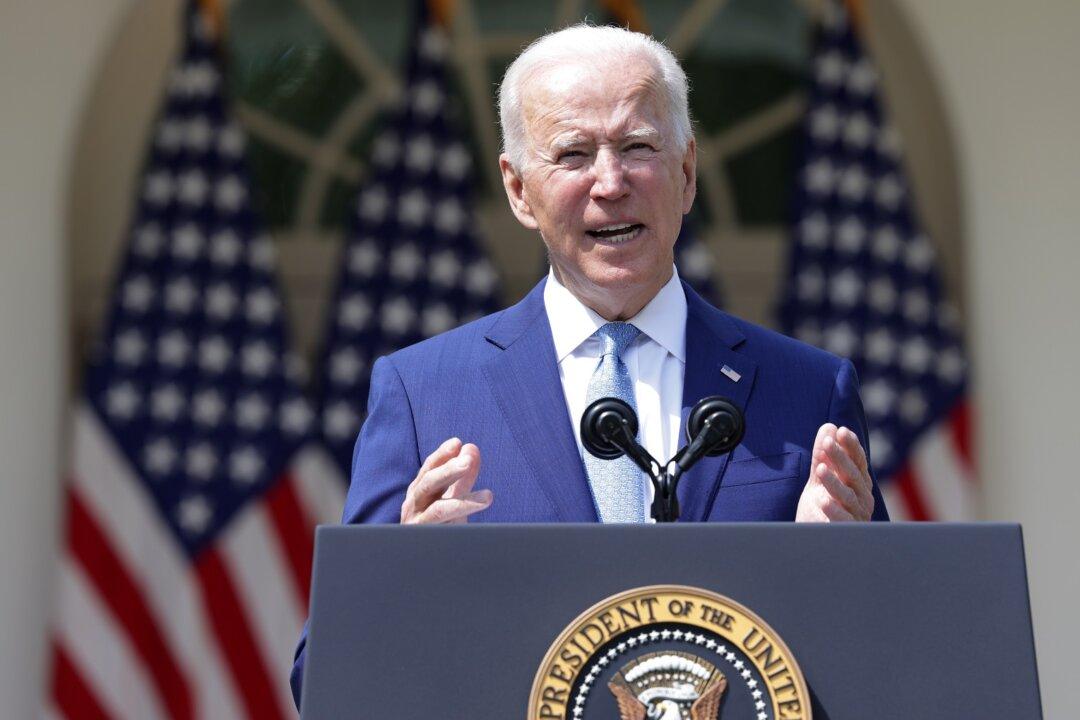President Joe Biden announced on April 14 that he will withdraw all U.S. troops from Afghanistan by Sept. 11, after nearly 20 years and after his predecessor, former President Donald Trump, attempted several times to draw down troop levels.
“We cannot continue the cycle of extending or expanding our military presence in Afghanistan hoping to create the ideal conditions for our withdrawal, expecting a different result,” Biden said. “I am now the fourth American president to preside over an American troop presence in Afghanistan. Two Republicans. Two Democrats. I will not pass this responsibility to a fifth.”





